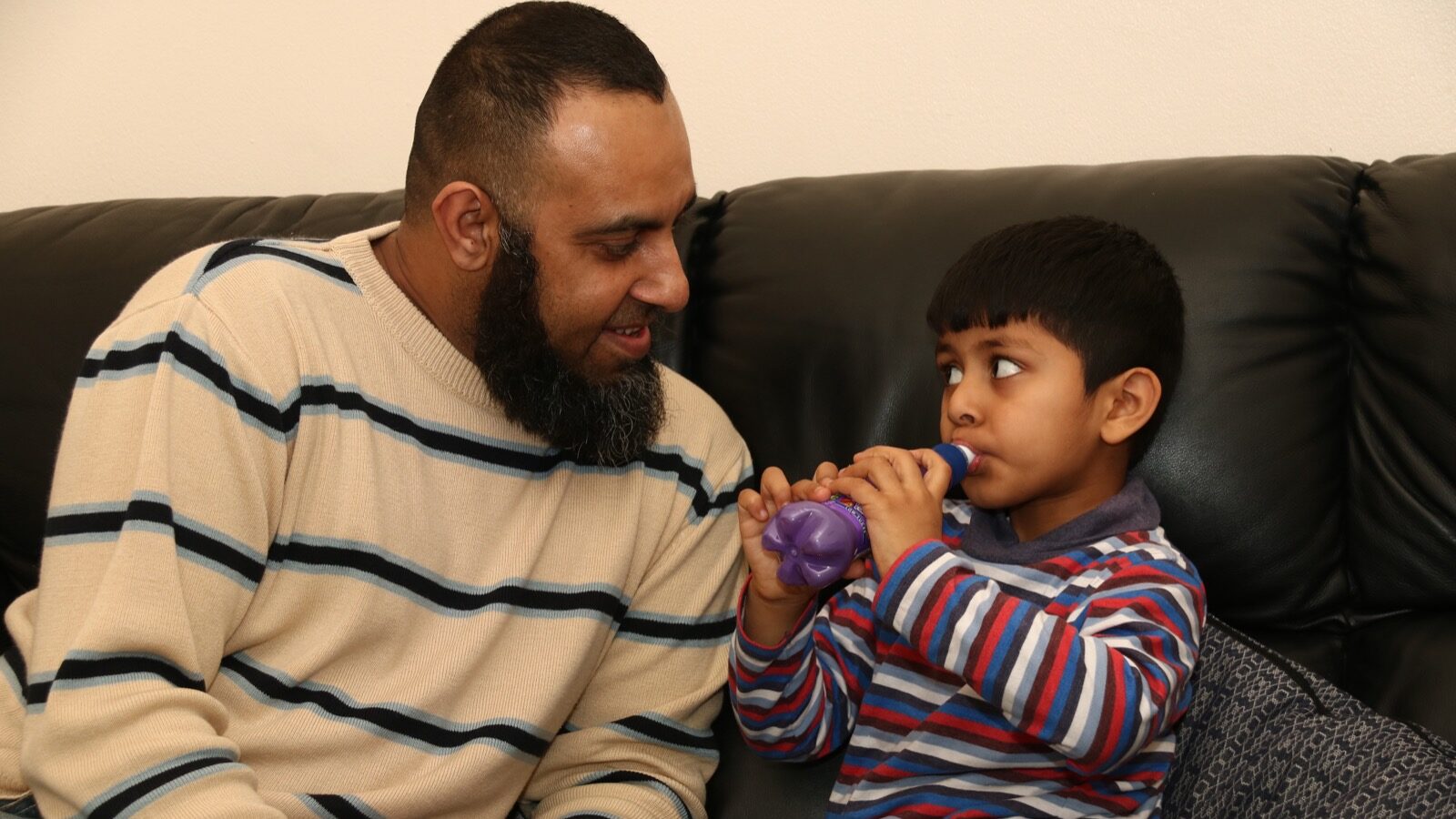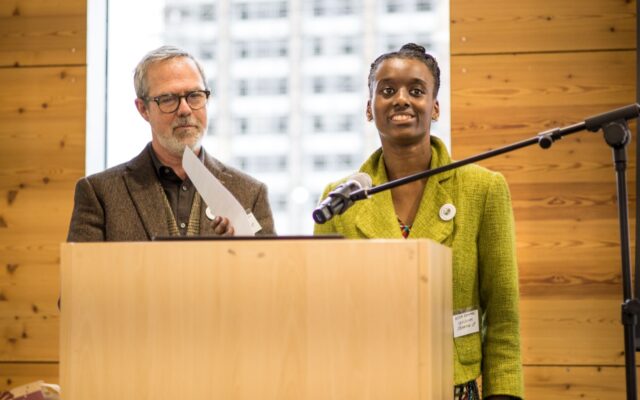In July, the NHS Race and Health Observatory published a major review – We Deserve Better: Ethnic Minorities with a Learning Disability and Access to Healthcare.
This goes alongside other recent work highlighting the discrimination that people with learning disabilities from ethnic minorities experience. This includes the Commission on Covid-19 Ableism and Racism, organised by the Voluntary Organisations Disability Group, and the Small Margins from Changing Our Lives report (PDF) on how people with learning disabilities from ethnic minorities experience social care.
The NHS Race and Health Observatory work shows the catastrophic consequences of this discrimination. Between 2018 and 2021, the median age of death of people with learning disabilities recorded as white was 62 years (the median age of death is the age at which exactly half the deaths occurred in people above that age and half in those below).
This is shockingly young compared to the general population, where the median age of death is above 80, according to the Office for National Statistics.
The figures for people with learning disabilities from other ethnic groups are even worse: 40 years for people in black, black British, Caribbean or African ethnic groups; 33 years for people in Asian or Asian British ethnic groups; 30 years for people in mixed ethnic groups; and 49 years for people in other ethnic groups.
Government policies and NHS England plans often reference the health inequalities experienced by people with learning disabilities in comparison to the general population.
The NHS Race and Health Observatory review shows that, beyond the Valuing People white paper in 2001, the ethnic inequalities experienced by people with learning disabilities have been pretty much absent from government policy or organisational guidance.
We don’t even know the ethnicity of the population of adults with learning disabilities, or have regular information on how this plays out in access to health or social support.
The issues reported by people with learning disabilities from ethnic minority communities and their family members in all three reports and in the sparse research that exists are depressingly similar to those in the landmark King’s Fund report on double discrimination more than 30 years ago.
All these reports emphasise the importance of intersectionality. The easy read version from Changing Our Lives, Small Margins explains what this means: “No one is just disabled. Disability is part of a person’s identity. Disabled people have lots of different parts that make them who they are, just like everyone else does.”
Someone’s sex, sexuality, religion, wealth and all sorts of other issues matter, and thinking about any one aspect of a person’s life while ignoring everything else isn’t going to respect that person’s identity.
We don’t know the ethnicity of the population of adults with learning disabilities or how this affects access to health or social support
Why does intersectionality matter? In the research I mention, people with learning disabilities from ethnic minorities talk about the pervasive discrimination they experience. For some people, racism is upfront, for others is it ableist discrimination and for many it is both working together in ways that are often difficult to disentangle.
People also talk about most health and social care services not being able or willing to understand the complexity of people’s identities and circumstances.
For example, if a service offers reasonable adjustments for a person with learning disabilities, it is unlikely to also shape these to work for people across a range of ethnic groups.
Taking intersectionality seriously is both vital and a fundamental challenge to how policymakers, services (and most researchers) think and operate. Reading these reports is a good way to start.





